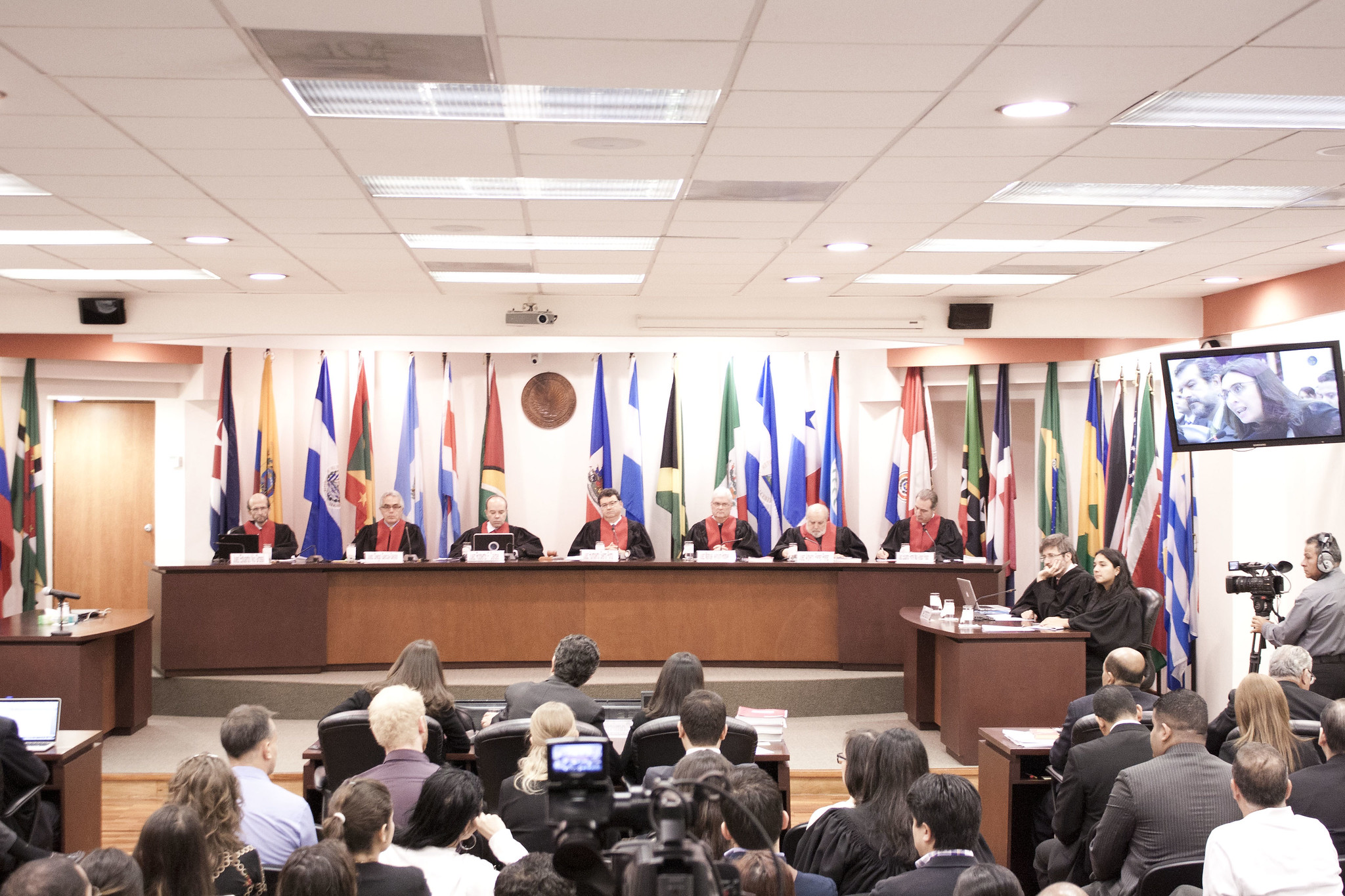In the run up to Argentine general elections this October, the Association of Argentine Journalistic Entities (ADEPA for its acronym in Spanish) called on political candidates to protect press freedom and pointed to attacks from organized crime as increasing threats to journalists.

The Venezuelan Supreme Court said that a recent ruling by the Inter-American Court of Human Rights to restore the license of RCTV was “unenforceable.” The decision of the I/A Court in the Case of Granier and et al. (Radio Caracas Television) vs. Venezuela, considered that the State of Venezuela violated the rights to freedom of expression and due process of managers, journalists and other employees of Radio Caracas Television (RCTV), and ordered the State to restore the channel’s signal and compensate the victims for damages.
As Ecuador’s main press advocacy organization fights to stay alive in the face of government orders to dissolve it, an international forum of journalists and free speech advocates released a 15-point action plan to address challenges to freedom of expression in that country.
In imminent danger of being shut down by the Ecuadoran government, one of the only voices monitoring freedom of expression and the state of journalism in that country vows to keep working.
One month after the brutal murders of Veracruz journalist Rubén Espinosa, activist Nadia Vera and three other women in a Mexico City apartment, activists and journalists continue to fight against impunity and for freedom expression.
Ecuadoran journalist Martín Pallares said that for some time, executives at the daily newspaper El Comercio had been nervous about comments he made through his personal Twitter account. Yet, he never thought the situation would end with his dismissal. That day came on August 17.
Update (August 24, 2015): From the Quito International Airport on August 21, Brazilian journalist Manuela Picq announced she had decided to leave Ecuador due to the "legal limbo" in which she found herself after the Ecuadoran courts failed to reactivate her visa, reported newspaper El Universo.
Fearing for his life, a Honduran journalist who exposed an alleged corruption scandal implicating the country’s president and ruling political party has found safe harbor at the country’s national human rights office.
In the first six months of 2015 alone, there were 59 documented attacks against journalists in Guatemala, according to a report released last week by the Observatory for Journalists of the Center for Informative Reports about Guatemala (CERIGUA for its acronym in Spanish).
Mexican federal court repealed a recurso de amparo, an action to protect an individual’s constitutional rights, launched by journalist Carmen Aristegui after she was dismissed from the MVS radio group. The action was done in order for Aristegui to return to work on the MVS news program First Issue (Primera Emisión).
Uruguay recorded 37 cases of threats to freedom of expression during 2014 and the first half of 2015, according to the report ' Journalism and Freedom of Expression in Uruguay. Threat monitoring ', presented on June 18.
The Association of Journalists of Chile (Colegio de Periodistas de Chile) has called for a change to Chilean law concerning freedom of expression in light of a Supreme Court ruling that upheld a sentence of 18 months in prison for defamation (injurias) for the directors of weekly publication El Ciudadano.